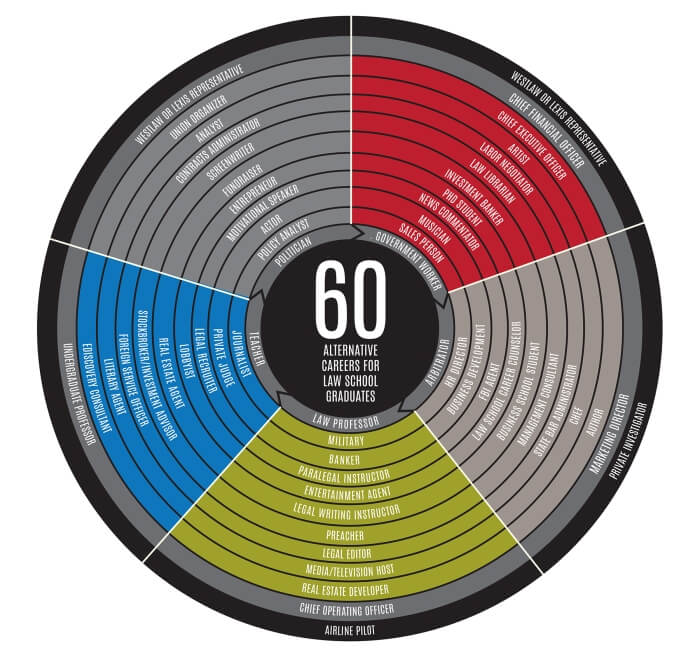A New York judge has upheld an arbitrator’s decision to award $224,000 in unpaid fees to a former Holland & Knight partner but ordered him to pay nearly $670,000 in attorney fees and costs to the law firm. The case was brought by former partner Charles F. Gibbs, a trusts-and-estates litigator who sued after the firm reduced an $825,000 origination credit he had claimed for representing the executors of the $300 million estate of heiress Huguette Clark, who died in 2011 at age 104.
The arbitrator had found that Gibbs was not the prevailing party on the central issues of arbitration and had granted Gibbs’ claim for $224,000 in unpaid compensation but found for Holland & Knight on the rest of his claims, including breach of the partnership agreement, breach of the implied duty of good faith and fair dealing, breach of fiduciary duty, and unjust enrichment. Gibbs had argued in brief filed in July 2022 that there could only be one prevailing party in a civil suit and that he was the prevailing party because he obtained some of the relief he sought.
In his Feb. 17 opinion, Judge Andrew Borrok of the New York State Supreme Court’s Commercial Division said the arbitrator’s decision was “not irrational,” and there was “no misconduct, fraud or partiality” by the arbitrator. Borrok added that the arbitrator did not exceed his power. Gibbs’ lawyer, Michael Farina of Robert & Robert, expressed disappointment with the decision in an interview and said Gibbs was one of the most renowned trust-and-estates lawyers in New York.
The ruling has implications for legal professionals and clients, clarifying the standard for determining the prevailing party in a civil suit. While Gibbs argued that there could only be one prevailing party, the arbitrator found that he was not the prevailing party on the central issues of arbitration, even though he had obtained some relief. The decision highlights the importance of understanding the nuances of prevailing party determinations in civil suits and underscores the risks involved in litigation over attorney fees and costs.
Neither Gibbs nor a Holland & Knight media contact immediately replied to requests for comment sent by email and left on voicemail. However, the case has generated significant interest in legal circles. Many observers note that it underscores the need for clear, concise fee agreements between law firms and their partners. As law firms grapple with changing market conditions and increasing competition, the need for effective fee structures and clear expectations around compensation has become more critical than ever. The case also highlights the importance of having a solid arbitration clause in partnership agreements, as well as the importance of carefully selecting arbitrators who are knowledgeable, impartial, and fair.
Overall, the ruling in the Gibbs case is an important reminder of the risks and challenges involved in prosecuting attorney fees and costs. While it is always essential to ensure that legal professionals are fairly compensated for their work, it is equally critical to ensure that fee agreements are clear and concise and that disputes are resolved in a fair and impartial manner for all parties involved. As the legal industry continues to evolve, it will be essential for law firms and their partners to work together to develop fee structures and compensation agreements that are both effective and equitable.
REFERENCES:
Former BigLaw partner must pay attorney fees to firm that are about $446K greater than his award, judge says












































